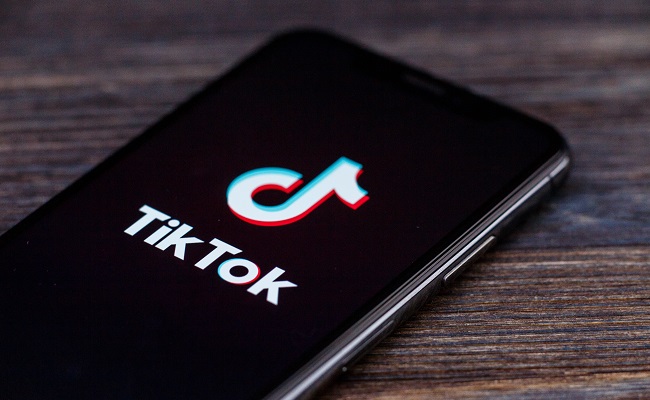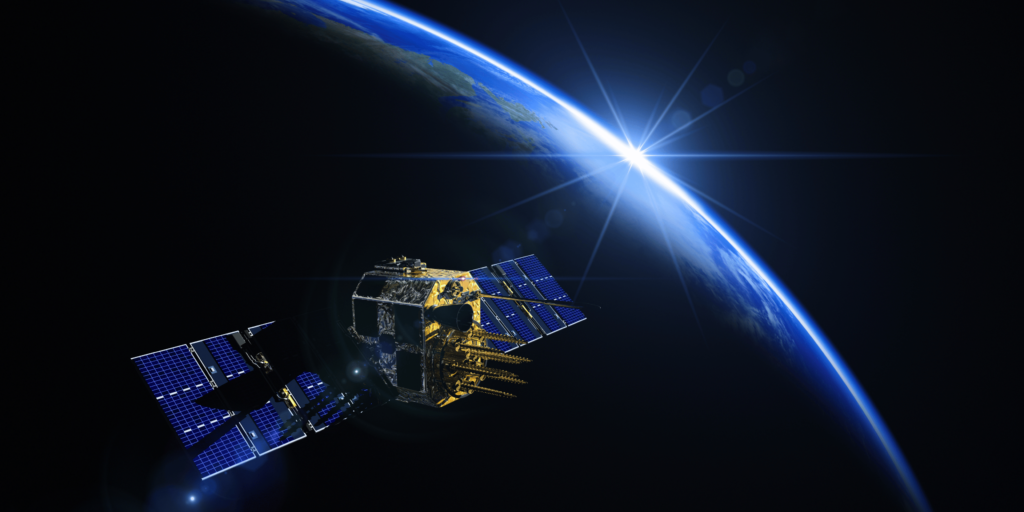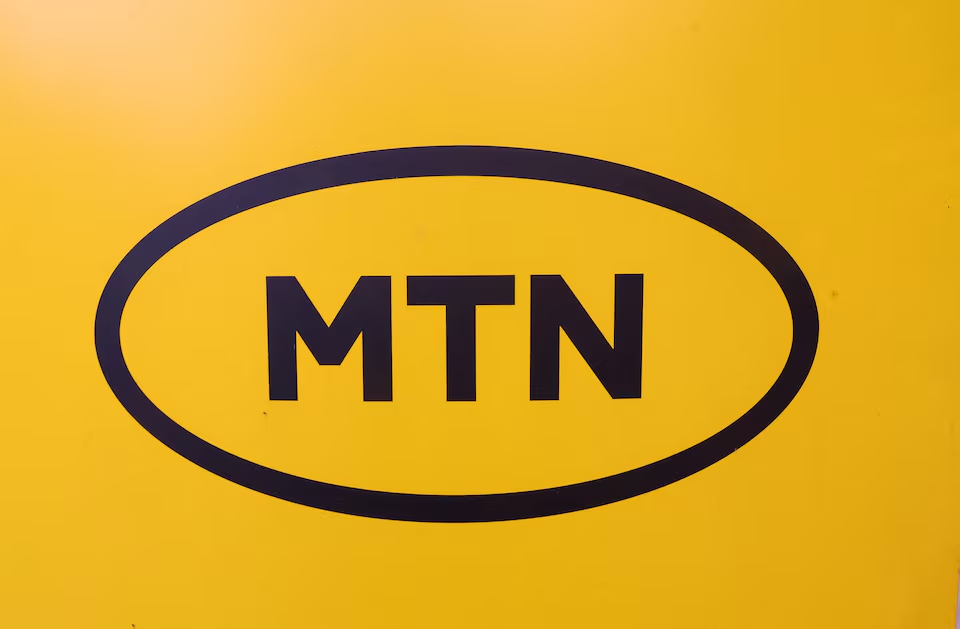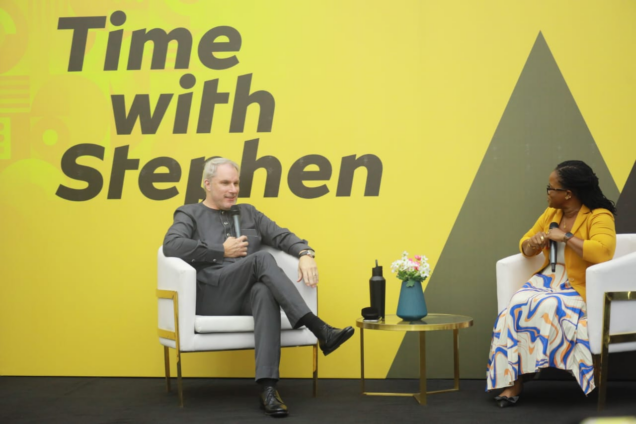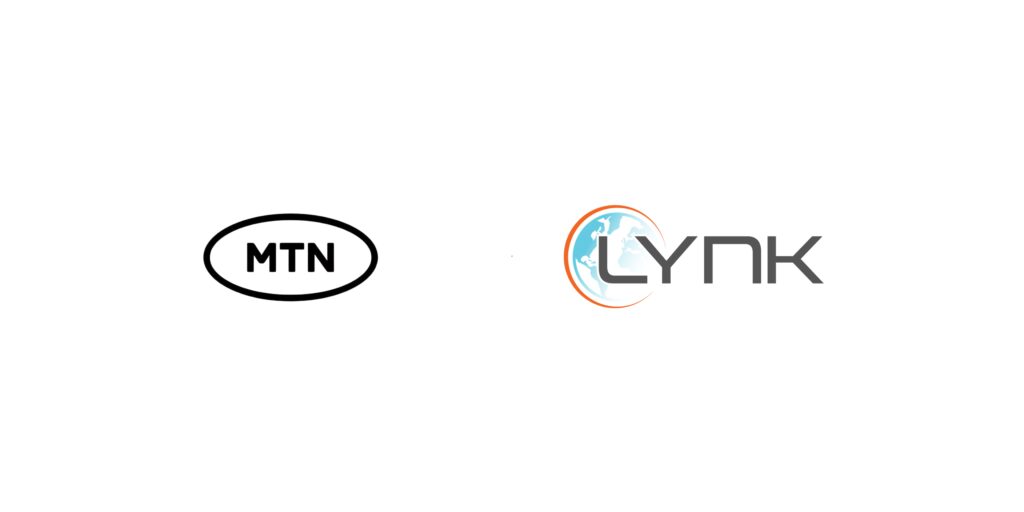Moroccan telecom providers Maroc Telecom and Inwi have expanded a partnership agreement aimed at accelerating the deployment of fiber optic and 5G technologies across the North African country.
Emirates News Agency reports that under the agreement, the two companies will consolidate parts of their passive telecom infrastructure by establishing two joint ventures, each owned equally (50/50).
The objective is to strengthen fiber optic expansion and support the development of a 5G network in the Kingdom, the two said in a joint statement.
The agreement includes the creation of“ FiberC”o, tasked with expanding fiber optic networks to reach 1 million connections within two years and 3 million within five years, and TowerCo, which will oversee the construction of 2,000 new towers in three years and 6,000 in ten years to support the rollout of 5G.
The first phase of the project is valued at one billion dollars (AED4.4bn) over three years, pending approval by Morocco’s National Telecommunications Regulatory Agency.
e& (formerly Etisalat Group), a UAE-based telecoms company, is the majority shareholder in Maroc Telecom.
Jassem Alzaabi, chairman of e&, stated that the strategic collaboration between Maroc Telecom and Inwi, together with combined investments in fiber and 5G infrastructure, is a significant step towards better market stability and improves Morocco’s position as an attractive investment destination.
He also highlighted the country’s efforts to foster a balanced and competitive regulatory environment.
“We at e& prioritize compliance with both local and international regulations as a core ethical responsibility,” Alzaabi said.
He went on to say, “We value the government’s ongoing initiatives to develop the telecom sector and are committed to long-term investment in Morocco.
“Our focus will be on expanding digital infrastructure, promoting digital inclusion, and enabling various economic sectors to benefit from technological advancements.
“We will continue working closely with the government and private sector to build a robust digital ecosystem that enhances Morocco’s competitiveness and supports sustainable development.”
Engineer Hatem Dowidar, group CEO of e&, commented on the agreement: “With a clear future vision for the market, we are more committed than ever to advancing our investments in fiber and 5G infrastructure.
“Our aim is to strengthen digital infrastructure, support e-government services, and provide smart solutions that meet the needs of individuals and businesses while enhancing Morocco’s regional competitiveness.”
He added that the strategic collaboration between Maroc Telecom and Inwi reflects institutional maturity and underscores that true partnerships are built on legal integrity and public interest.
Dowidar said, “This motivates us to not only improve infrastructure but also build a comprehensive digital model that supports Morocco’s digital transformation. Our future investments will focus on enhancing user experience, expanding digital services, and supporting Morocco’s digital economy in alignment with our long-term vision for this vital market.”
According to a joint statement from the two firms, the deal has been accepted by Maroc Telecom’s supervisory board and Inwi’s board of directors, and it coincides with Morocco’s continuous digital transformation and objectives to provide high-speed communication services.
Source: Extensia



